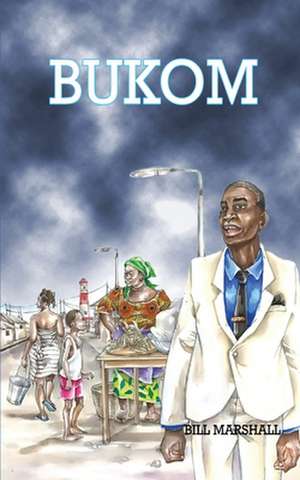Bukom
Autor Bill Marshallen Limba Engleză Paperback – 30 dec 2015
Preț: 130.71 lei
Nou
Puncte Express: 196
Preț estimativ în valută:
25.01€ • 26.17$ • 20.78£
25.01€ • 26.17$ • 20.78£
Carte tipărită la comandă
Livrare economică 02-16 aprilie
Preluare comenzi: 021 569.72.76
Specificații
ISBN-13: 9789964705688
ISBN-10: 9964705689
Pagini: 154
Dimensiuni: 127 x 203 x 8 mm
Greutate: 0.17 kg
Editura: AFRICAN BOOKS COLLECTIVE
ISBN-10: 9964705689
Pagini: 154
Dimensiuni: 127 x 203 x 8 mm
Greutate: 0.17 kg
Editura: AFRICAN BOOKS COLLECTIVE
Notă biografică
Bill Marshall is a fellow of the Ghana Association of Writers (GAW) and the Pan African Writers Association (PAWA). Over the decades, his writings have been wide and diverse spanning film and television, radio, the press and books.
